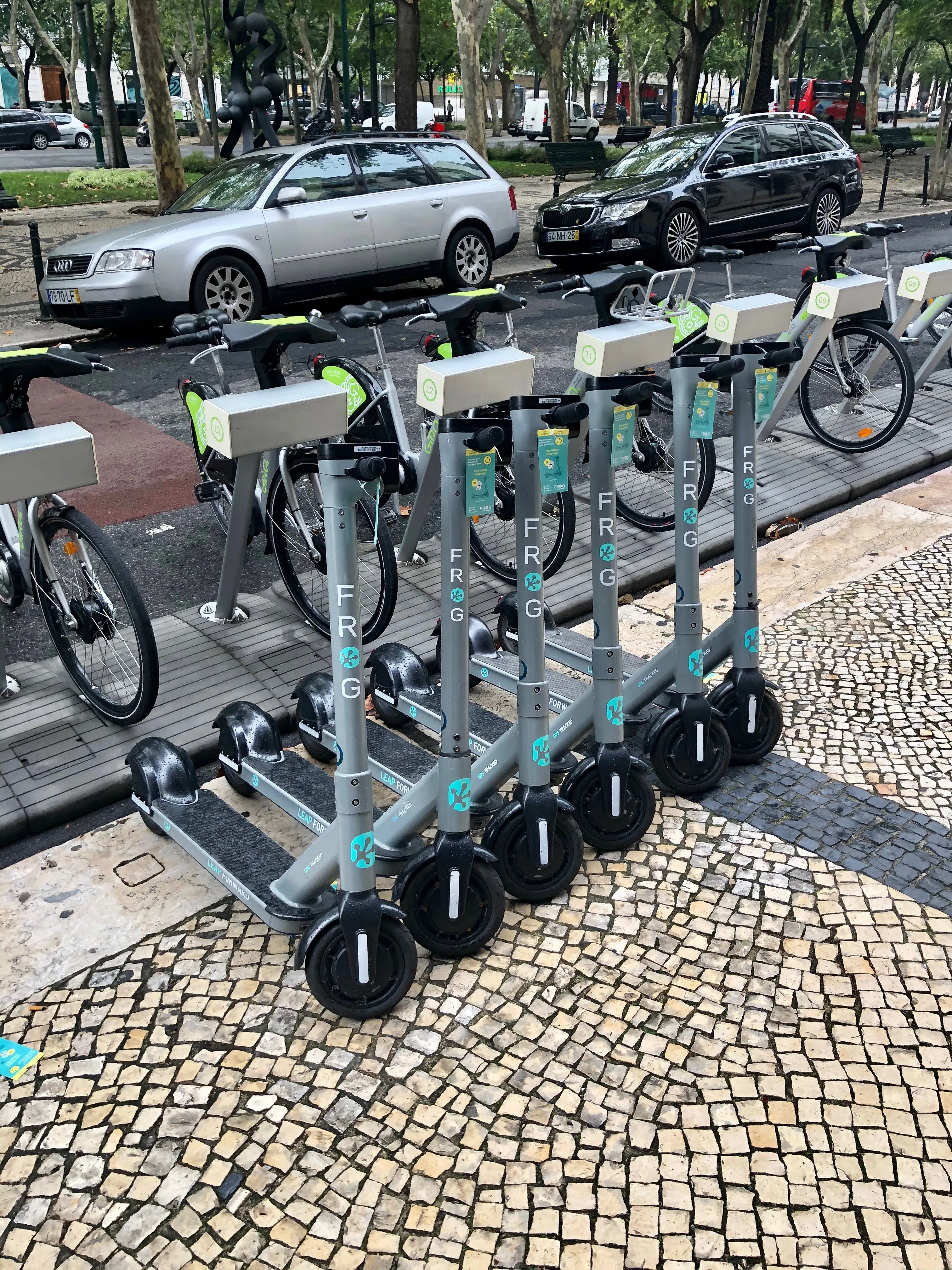A family in Indian capital Delhi now has good cause to be thankful for the poor state of the city's roads. Kidnappers abducted a 15 year old girl and made their escape by car. However the vehicle stalled on a badly potholed stretch of road and the girl was able to escape her captors. Locals then caught one of the three would-be kidnappers and handed the person over to police
March 6, 2012
Read time: 1 min

A family in Indian capital Delhi now has good cause to be thankful for the poor state of the city's roads. Kidnappers abducted a 15 year old girl and made their escape by car. However the vehicle stalled on a badly potholed stretch of road and the girl was able to escape her captors. Locals then caught one of the three would-be kidnappers and handed the person over to police.







